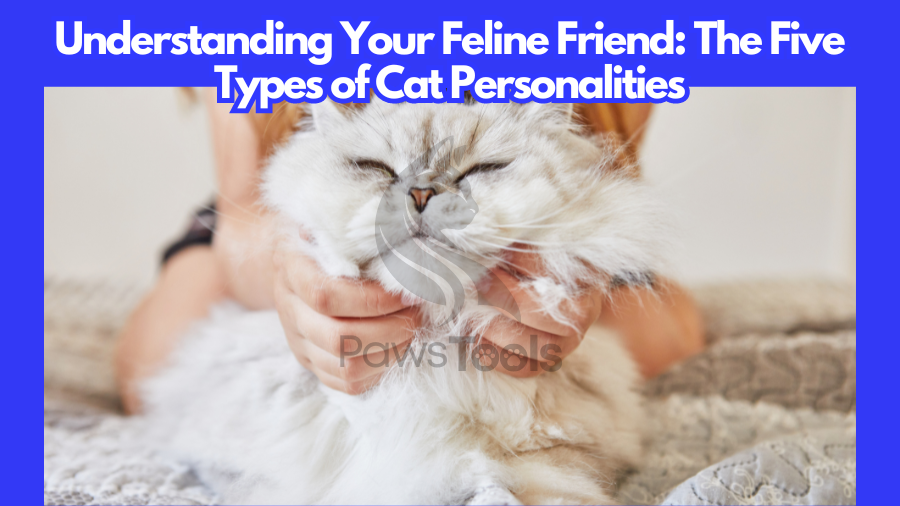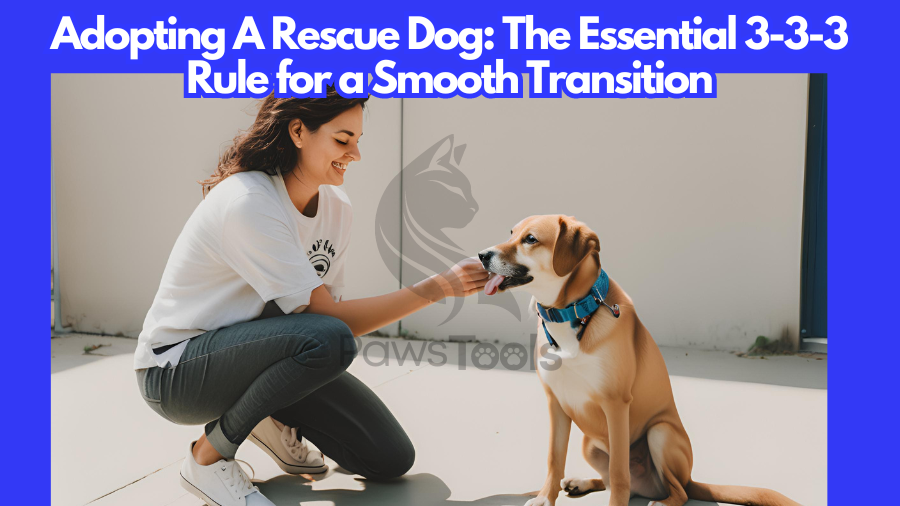Discovering that cats have unique personalities can transform the way we understand and interact with our furry friends.
Do you think all cats are pretty much the same? Think again. According to animal researchers, cats have five distinct personality types and five unique traits. Understanding these can help us provide a better home for our feline companions.
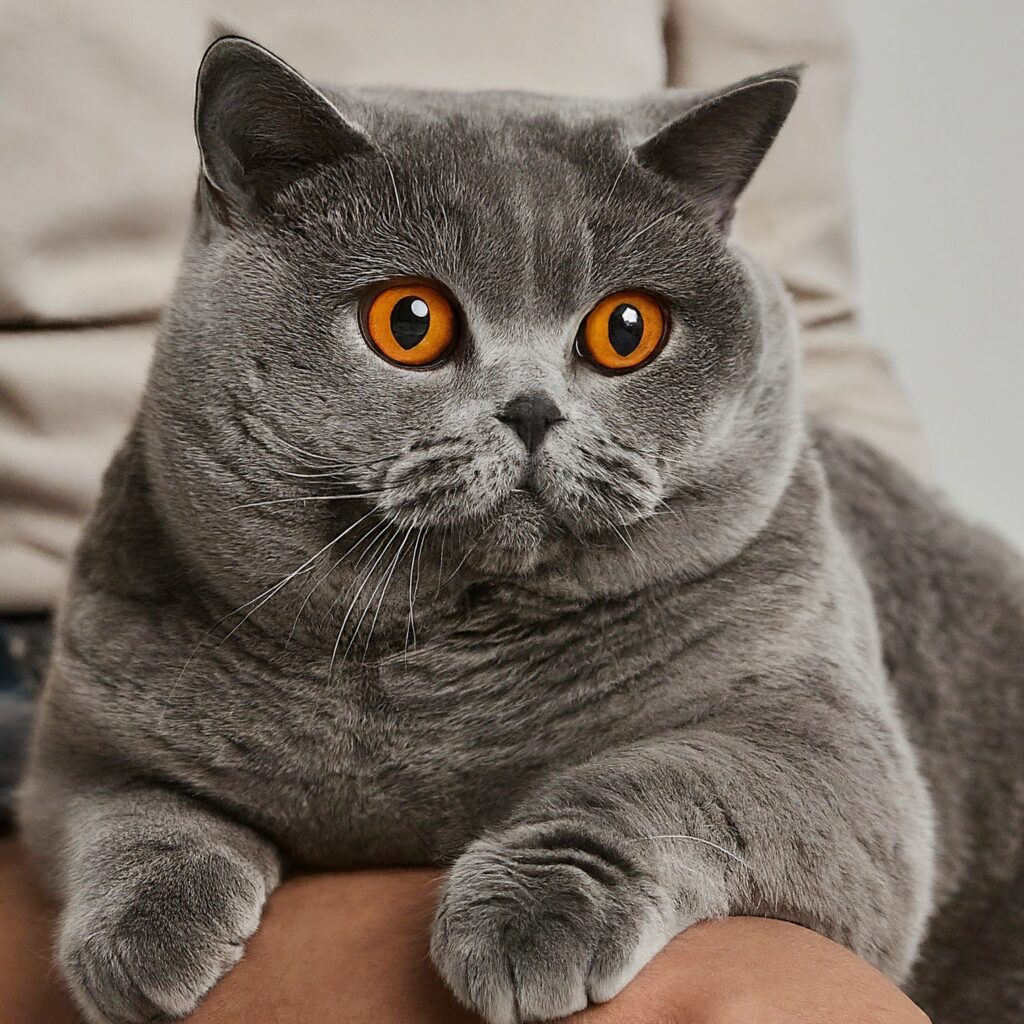
The Five Cat Personality Types
The Human Cat
- Affectionate and Social: Gets along well with humans and enjoys their company.
- Ideal Pet: Happy, well-adjusted, and usually not aggressive.
- Considerations: Prone to separation anxiety if left alone for too long.
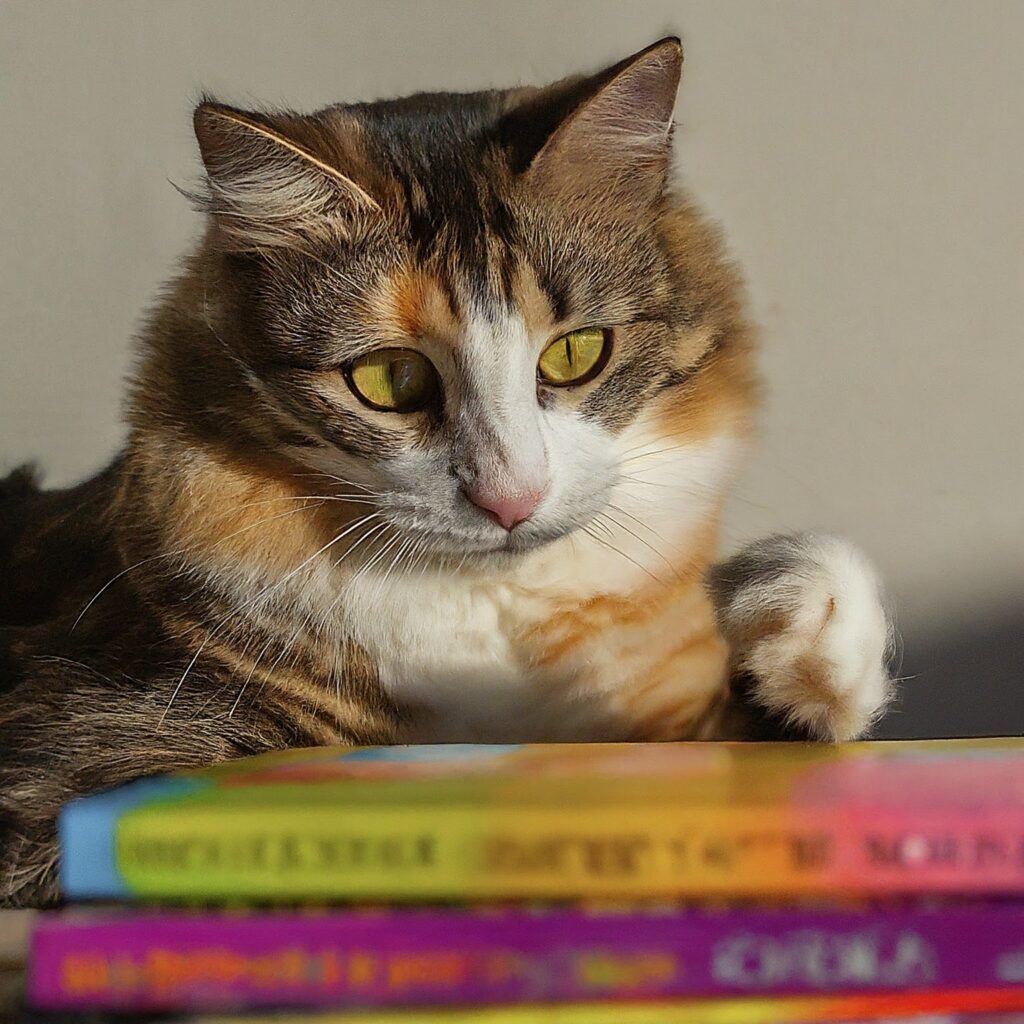
The Cantankerous Cat
- Independent and Aloof: Dislikes being touched or picked up, and is often skittish.
- Low Maintenance: Doesn’t require much attention but appreciates your efforts when given food.
- Considerations: Valuable affection when it occurs but is rare.
The Hunter Cat
- Natural Predator: Focuses on hunting, whether it’s actual mice or toys.
- Less Affectionate: Motivated more by the hunt than by affection.
- Considerations: Independent but not always responsive to affection.
The Cat’s Cat
- Social with Other Cats: Prefers the company of fellow felines.
- Ideal for Multi-Cat Homes: Enjoys playing, grooming, and cuddling with other cats.
- Considerations: May feel lonely as a single cat.
The Inquisitive Cat
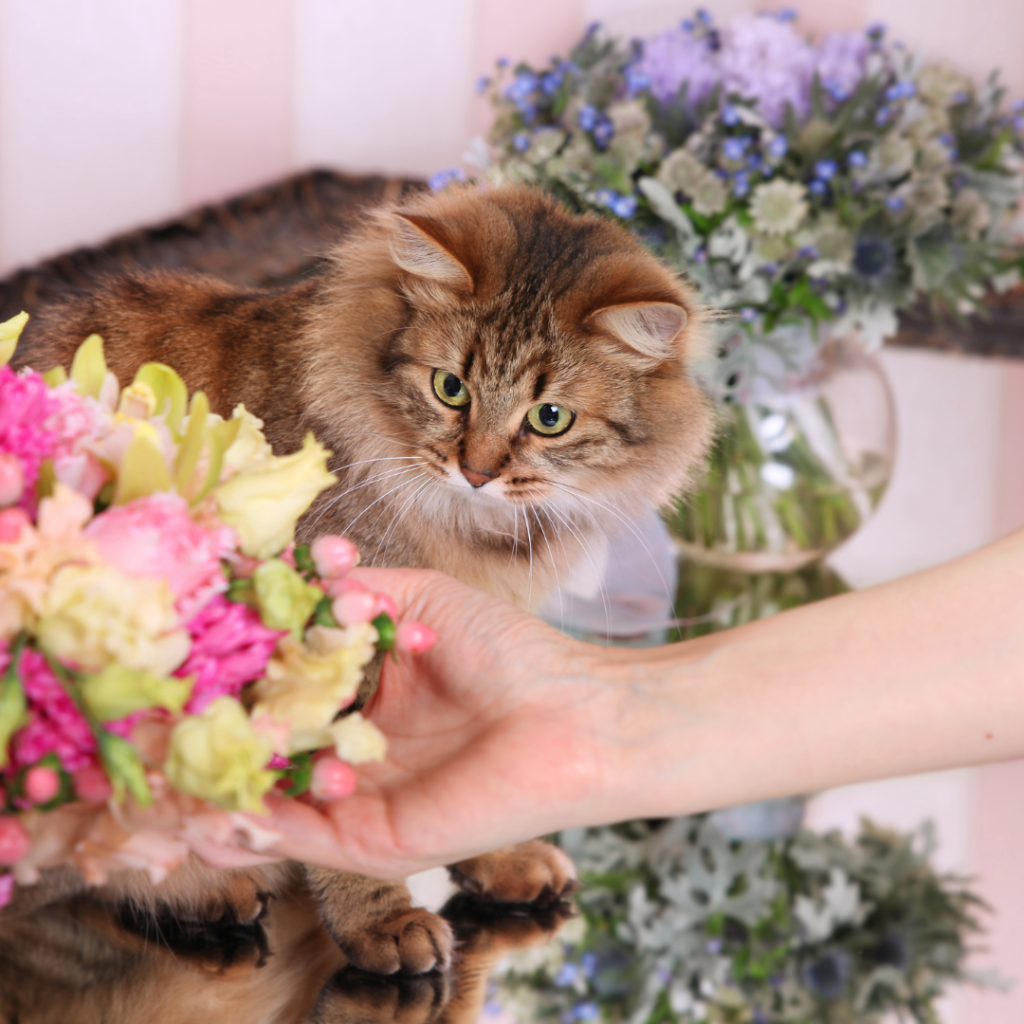
- Explorative and Bold: Loves to investigate new things and greet visitors.
- Energetic: Needs plenty of toys and opportunities to explore.
- Considerations: Should be kept indoors to avoid trouble due to their curiosity.
The Five Cat Personality Traits
Skittishness
- Nervous and Alert: Prefers to hide and avoid new people.
- Needs Safe Spaces: Always provide hiding spots to make them feel secure.
Outgoingness
- Sociable and Curious: Eager to explore and meet new people.
- Needs Stimulation: Provide plenty of interactive toys and safe outdoor spaces like a catio.
Dominance
- Alpha Cat: Tends to bully more submissive cats and other animals.
- Needs Careful Management: Should be the only cat or kept separated from other pets.
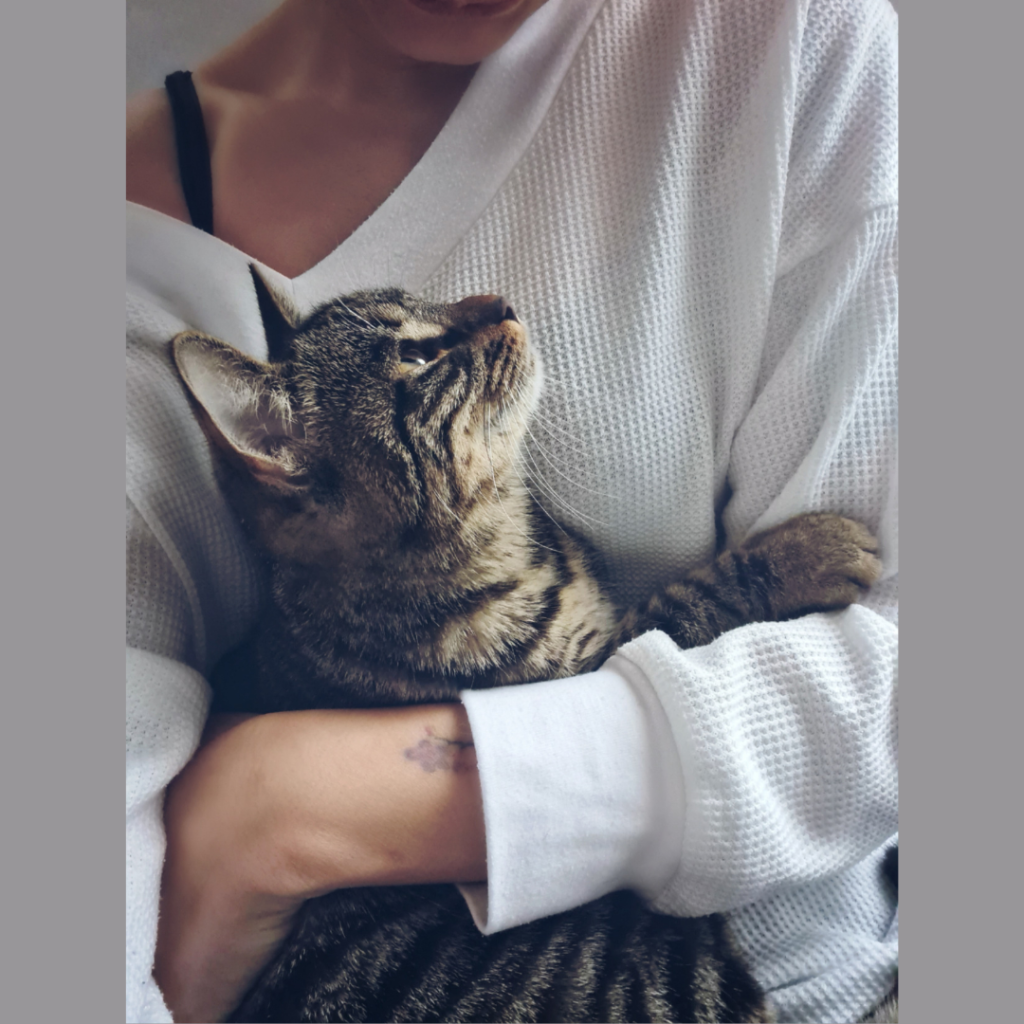
Spontaneity
- Impulsive and Erratic: Can switch from calm to hyperactive in seconds.
- Unpredictable Behavior: Try to identify triggers that cause these swings.
Friendliness
- Welcoming and Social: Accepts other animals and new people easily.
- Well-Socialized: Likely to be a result of good socialization practices early in life.
What Does This Mean for Cat Owners?
Understanding your cat’s personality type isn’t just fun trivia; it has practical implications for their well-being. For instance:
- Improving Quality of Life: Recognizing a skittish cat’s need for a safe environment can make them more comfortable and happy.
- Adoption Decisions: Knowing if your current cat is dominant can inform your decision when adopting a new kitten.
- Monitoring Health: Being aware of your cat’s baseline personality helps identify any sudden changes, which could indicate health issues.
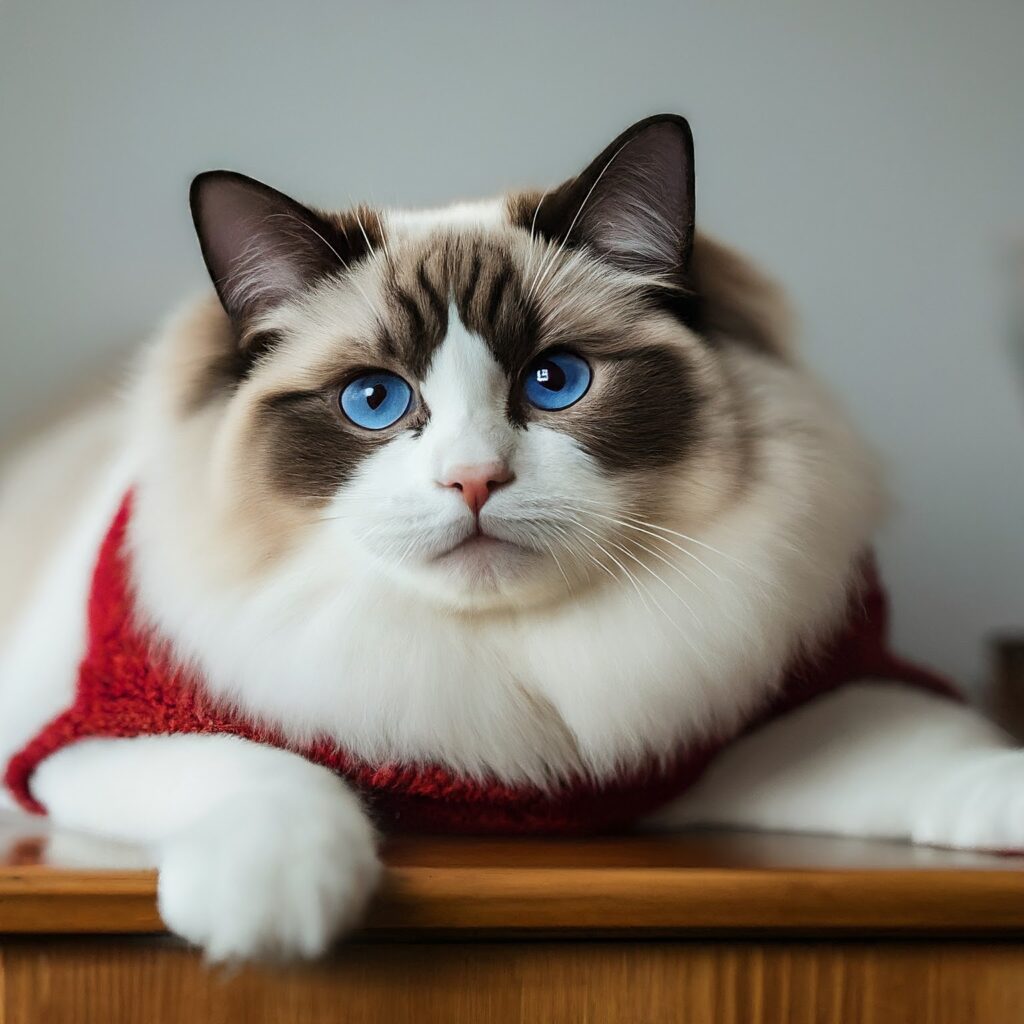
What Type of Personality Does Your Cat Have?
Your cat might not fit neatly into one category, but understanding these types and traits will help you better comprehend their needs. By doing so, you’ll create a happier, more harmonious home for your feline friends.

